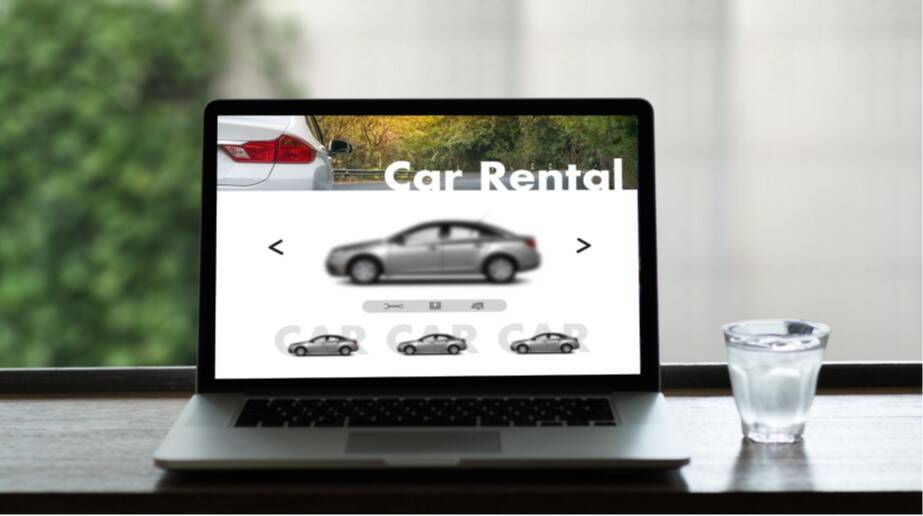One of the most important things you need to decide when renting a car is whether or not to get rental car insurance. Rental car insurance can protect you from many problems, but it can also come with additional costs that you may not be sure about. Understanding why you need rental car insurance, coverage, and other options can help you make a choice that fits your travel needs and budget.
How to Understand Rental Car Insurance?
Rental car insurance is designed to protect you from having to pay a lot of money if something goes wrong or your car gets damaged. Most car rental companies offer several types of insurance, such as liability, personal accident, Collision Damage Waiver (CDW), and personal property insurance. Each of these options comes with different types of risks that can come with renting a car.
One of the most common options is Collision Damage Waiver (CDW). If a rental car is damaged in an accident, it will cover the cost of repairs or the purchase of a new car. When reading these terms, keep in mind that they may not cover all types of damage, such as tire or windshield damage. Liability insurance covers the cost if you damage someone else’s property or injure someone else while driving a rental car. Personal property insurance protects your belongings in your rental car from theft or damage, and personal accident insurance helps pay for medical expenses if you are injured in an accident.
Are You Sure Your Rental Car Needs Insurance?
Whether you need rental car insurance depends on your current coverage, the type of car you are renting, and your risk tolerance. Your current auto insurance policy is one of the first things to look for. Many auto insurance policies also cover rental cars. This usually includes liability and collision coverage. Your full coverage auto insurance policy may cover the rental car, so you may not need to purchase additional coverage from the rental company.
Another thing to consider is the benefits of credit cards. If you pay for your rental car with a credit card, you can get free insurance. Some card issuers may offer CDW as part of this service, but not all card issuers do. Be sure to call your credit card company to find out exactly what your policy covers and what it doesn’t.
If your own auto insurance or credit card coverage is sufficient, you may not need to purchase additional insurance for your rental car. However, if these sources don’t provide you with enough coverage, or if you’re renting an expensive or unusual vehicle, getting additional coverage may give you more peace of mind.
Alternatives to Rental Car Insurance:
If you don’t think you need rental car insurance, there are other options you can consider. First, make sure you know how much service you already have. Contact your auto insurance provider to make sure your insurance will cover your rental car and to find out about any restrictions or deductibles that may apply.
Second, check what your credit card covers. Contact the company that issues your credit card to find out what insurance benefits they offer and make sure you meet all the requirements for coverage. Using the card to pay for rent and declining the insurance option from the rental company is a common method.
Third, figure out how much risk you are willing to take. If you don’t mind the potential financial risk and borrowing a regular car, you may choose to stay with your current policy without getting additional coverage. However, if you are concerned about the price or renting an expensive or dangerous car, it may be a good idea to purchase additional coverage.
Conclusion:
When deciding whether to purchase rental car insurance, you should review the coverage you already have to understand your options and consider how much risk you are willing to take. Rental car insurance can be very helpful, but you may not always need it if your auto insurance or credit card coverage is sufficient. You can make an informed choice that balances protection and cost by carefully evaluating your needs and available options.
FAQs:
1. Does my own auto insurance cover rental cars?
Many auto insurance policies also cover rental cars. This typically includes liability and collision coverage. Call your insurance company to make sure you understand your coverage.
2. What is Casualty Damage Waiver (CDW)?
If you rent a car and damage it, you may be able to get accidental damage coverage, which covers the cost of repairing or replacing the car. Read these terms carefully, as they may not cover all types of injuries.
3. What rental car insurance benefits can I get with my credit card?
If you pay for your car rental with a credit card, you may be able to purchase insurance on that card. Contact the company that issued your credit card to find out what is and is not covered.
4. Can I decline rental car insurance if my credit card or auto insurance covers it?
If your auto insurance or credit card offers adequate coverage, you can choose not to purchase rental car insurance. Make sure you know how much coverage you have before making this choice.
5. What should I do if my rental car is involved in an accident?
If you are involved in an accident, call your rental car company and insurance company immediately. Follow the claims process and write down all possible information about what happened so that you can be sure you get the right coverage and answers.
